Police bias part of the problem in missing persons cases, advisory panel members say
Toronto Police Services Board names 4 community leaders to advise it on missing persons probe
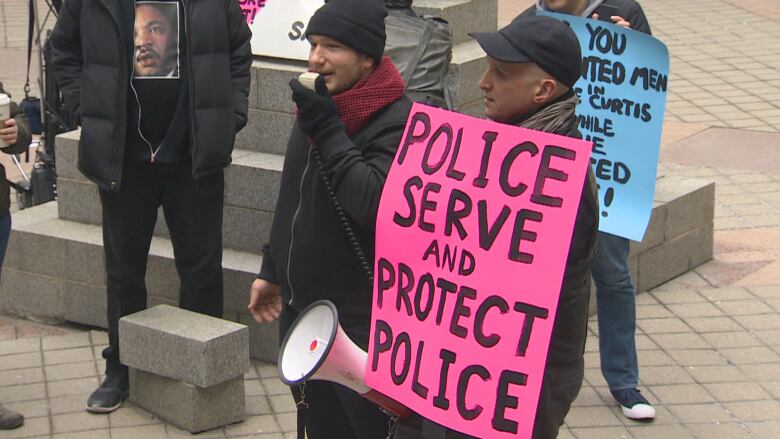
The Toronto Police Services Board has announced the committee thatwill advise it on setting up an external review ofhow police handle missing persons cases, in the wake of the investigation into accused serial killer Bruce McArthur.
And two of the memberson the panel are already on record as saying police bias is part of the problem.
"Missing people in marginalized communities don't get the attention they deserve," said First Nations lawyer Sara Mainville, one of themembers named to the committee.
"I just find when there's a missing Indigenous adult, it's assumed people think they're hiding or they want to be missing and I think that's the bias."
The committee is expected toconclude its work no later than June 7 andreport to the board at its meeting on June 21.
Mainvillewill serve alongside three other community leaders:
- Ken Jeffers of the Toronto Police Services Board.
- MonicaForrester, program co-ordinator of Maggie's, The Toronto Sex Worker Action Project.
- ShakirRahim, board member of the Alliance for South Asian AIDS Prevention (ASAAP).
These are communities that aredeeply affected by the serial murder investigation intoMcArthur.The 66-year-old Toronto landscaper is charged with eight-counts of first-degree murder.
Six ofMcArthur'salleged victimswere subjects of missing persons investigations before their remains were discovered. The other two were never reported missing.
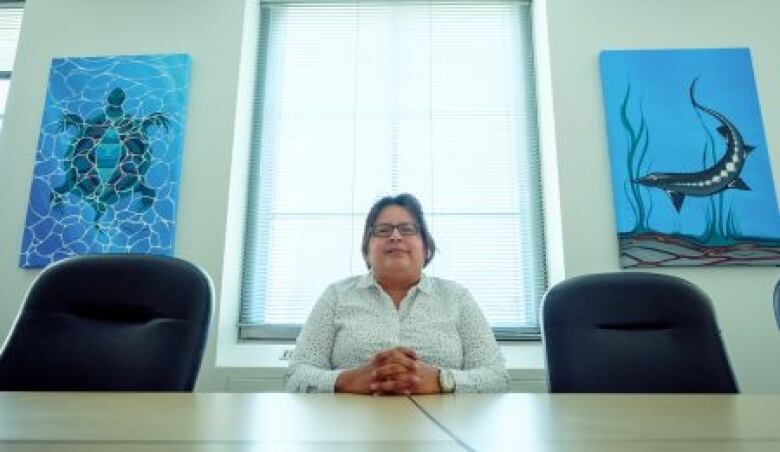
South Asian and Middle Eastern men also make up sixof McArthur's alleged victims, most of whomwent missing in or near the city's Gay Village area as early as 2010.
Rahimiskeen to expose any police bias.
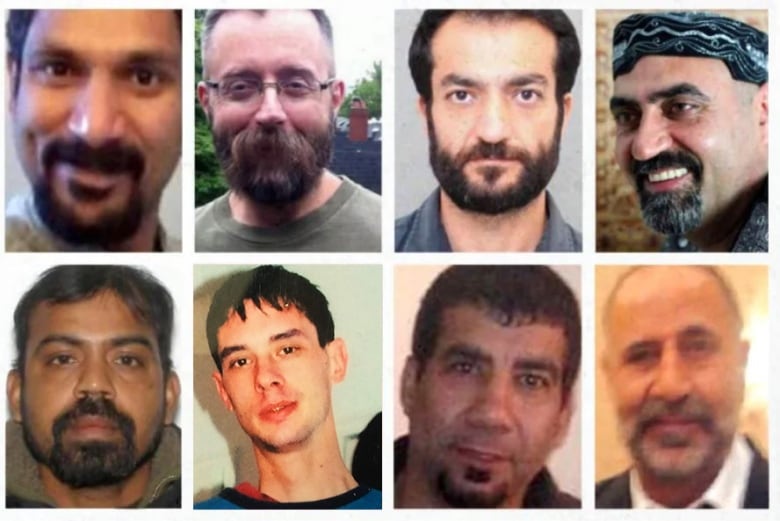
But specifics of theMcArthur investigationare off limits in the committee's talks for fear of influencingthe criminal court proceedings.
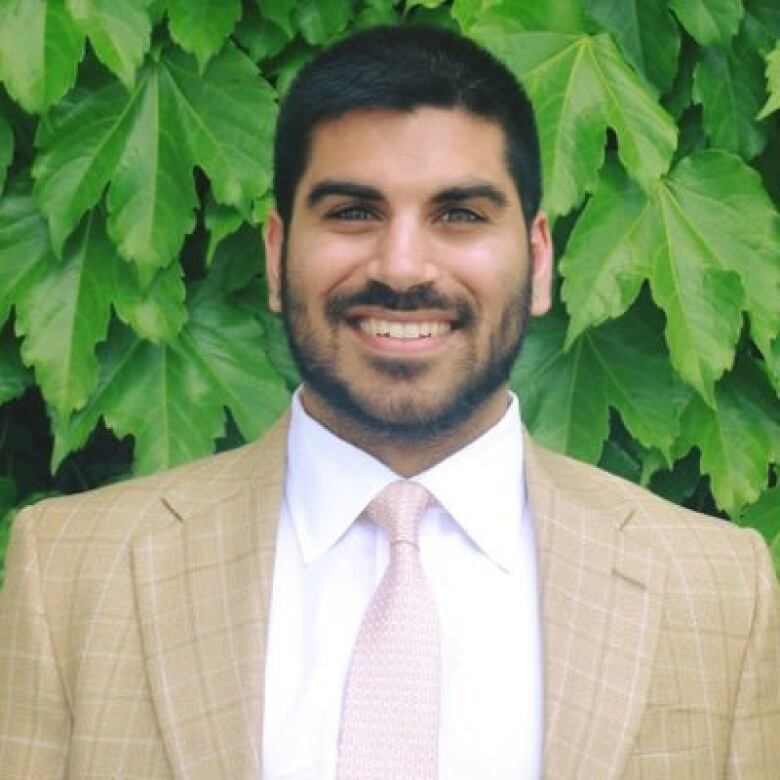
"It's important to recognize that there was a lot of police activity that happened regarding the missing person status of his alleged victims before McArthurwas a criminal suspect," he said.
Some of the questions he has about police bias include whether police jumped to conclusions about why the missing men vanished.
"The idea for example, that they went back to their home country or that they purposely disappearedon account of the fact that some may have been closeted about their sexuality," Rahim said.
Committee members applaud panel'sdiversity
There was early skepticismabout whether the police board would select the right people to represent the city's vulnerable populations.
Mainvillesays a lot of people in her network were pleasantly surprised by the diversity of the panel.
KenJeffers, who is the only black member ofthe police services board, worked on a committee targetingracism in the workplace.
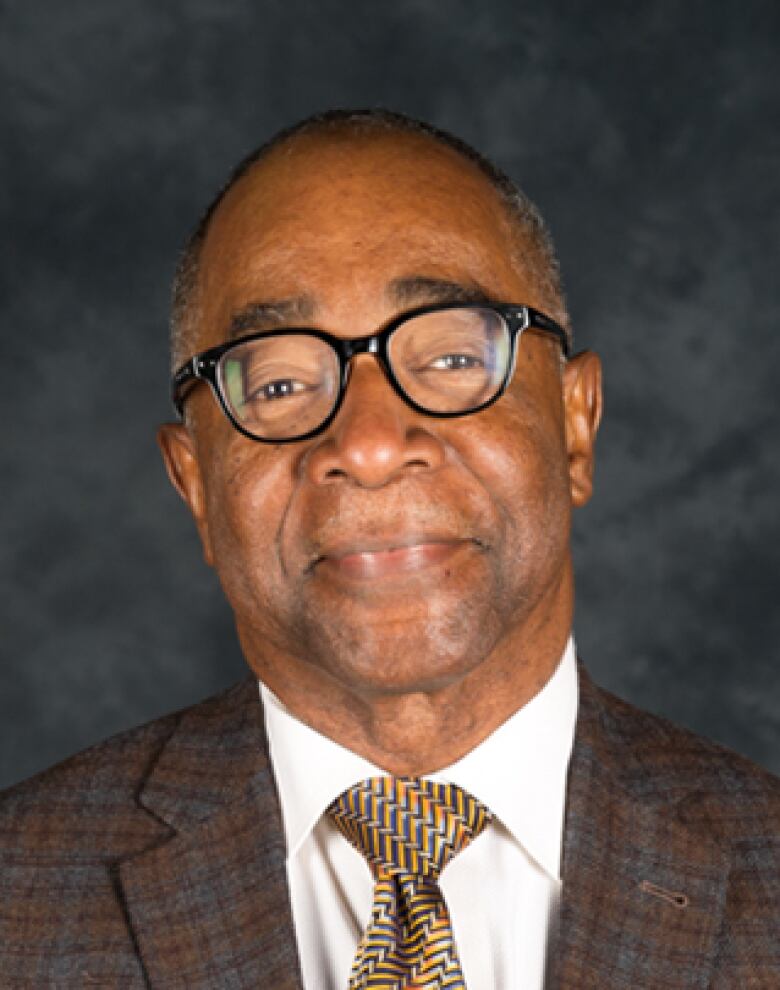
Rahimis especially pleased Forrester is involved because of her work with such a vulnerablepopulation.
Mainville, for her part,says she can't wait to start.
"I think there was acareful consideration that needed to happen and I hope people are open to what we're about to do."












_(720p).jpg)


 OFFICIAL HD MUSIC VIDEO.jpg)
.jpg)



























































































